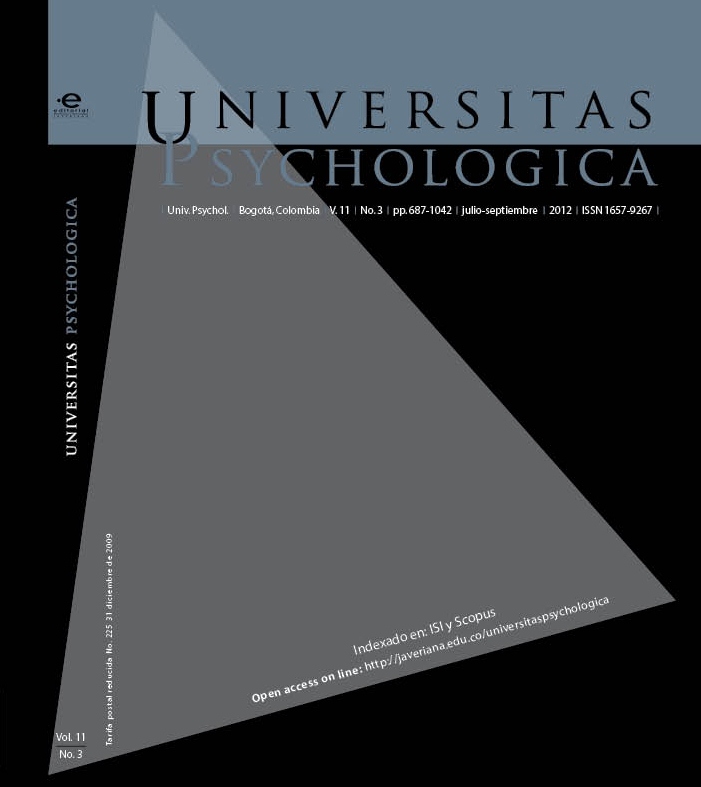Abstract
This study evaluated indexes of converging and criterion-related validity for the Social Skills Inventory for Adolescents (IHSA-Del-Prette) and the Youth Self-Report (YSR) in two samples: one referring to clinical service (CLIN), with 28 adolescents (64.3% boys), 11 through 17 years old (M = 13.75; SD = 1.74), and the other referring to a psycho-educational program (PME = 46.2%), mainly composed of boys (91.7%) aged 13 through 17 (M = 15.33; SD = 1.47). Both samples completed the two inventories. Results showed a high incidence of psychological disorders in both samples (between 4% and 79% in the borderline or clinical range on YSR scales) and accentuated deficits in the general and subscale scores of IHSA-Del-Prette, especially on the frequency scale (25% to 58%). The correlations between the instruments in the two groups supported criterion-related and converging validity. Some issues concerning the differences between the samples and about the construct of social competence, underlying these inventories, are discussed.
This journal is registered under a Creative Commons Attribution 4.0 International Public License. Thus, this work may be reproduced, distributed, and publicly shared in digital format, as long as the names of the authors and Pontificia Universidad Javeriana are acknowledged. Others are allowed to quote, adapt, transform, auto-archive, republish, and create based on this material, for any purpose (even commercial ones), provided the authorship is duly acknowledged, a link to the original work is provided, and it is specified if changes have been made. Pontificia Universidad Javeriana does not hold the rights of published works and the authors are solely responsible for the contents of their works; they keep the moral, intellectual, privacy, and publicity rights. Approving the intervention of the work (review, copy-editing, translation, layout) and the following outreach, are granted through an use license and not through an assignment of rights. This means the journal and Pontificia Universidad Javeriana cannot be held responsible for any ethical malpractice by the authors. As a consequence of the protection granted by the use license, the journal is not required to publish recantations or modify information already published, unless the errata stems from the editorial management process. Publishing contents in this journal does not generate royalties for contributors.


